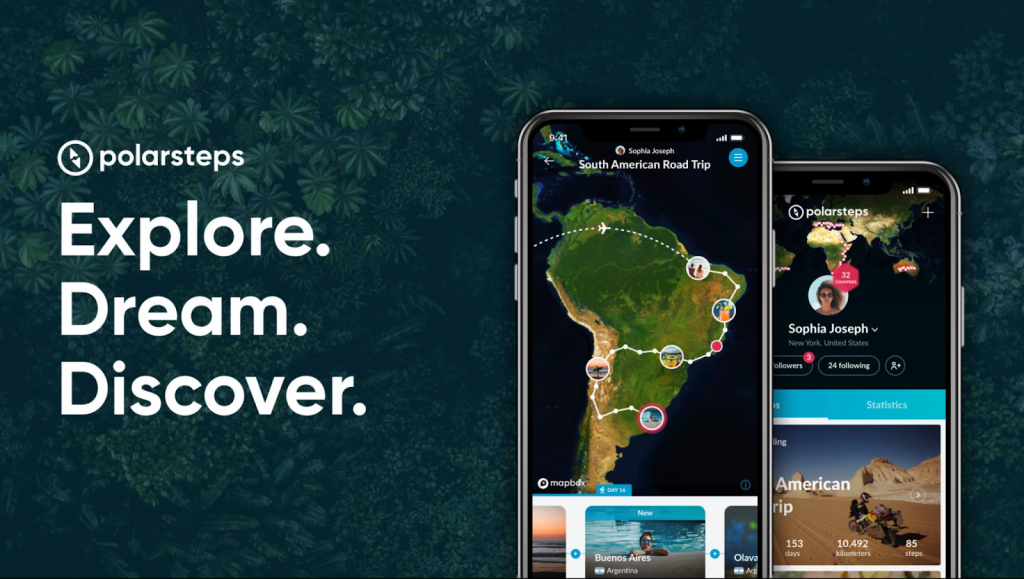The leisure travel market has enjoyed a heyday in the post isolation era. ‘Revenge travel’ is powering the category back to pre-pandemic levels but many leading travel providers have warned that this pent up demand may have run its course as dicey economic fundamentals and lowered transportation capacity have been slowing demand. Getting back to basics, travel brands are revamping their marketing strategies and are ready to invest resources to establish and expand footholds in the marketplace. Commitment among the biggest travel brands is strong as spending outpaces last year’s totals, For the first three months of this year (2024), Bookings.com, Expedia, AirBnb and Trip.com invested a total of $4.08 billion for brand marketing and sales generation, an increase of just over 10% over the first quarter of 2023. The era of the ‘easy conversion’ may be over and travel providers are amping up their marketing to get their services and products in front of as many eyeballs as possible.

Innovation Drives Marketing Initiatives
Travel, especially the leisure category is a trends and preference based industry. Purchasing decisions are somewhat at the whim of the client and brands that fully understand their customer’s wants and needs are in the best position to capture market share. Technology can establish, optimize and manage marketing strategies and are adopted in the following facets of the business:
- Secure collection of user data during app use, website browsing or purchase / booking
- Analysis of market trends and preferences
- Detailed reporting of current customer behavior
- Streamlined payment technology that encourages easy conversions
- Tailored email campaigns that reflect the individual user’s browsing and shopping habits
- Social media statistics analysis, reporting and strategy recommendations
As volume and capacity slowly return to pre-pandemic levels, travel providers will be looking for any advantage to gain market share in a fiercely competitive marketplace. Adopting technology for marketing purposes can deliver important data and strategies as well as manage campaigns and information collection.
The Captive Audience
In the history of the field, the internet is possibly the greatest innovation in marketing since the Gutenberg’s printing press. Global adoption of the internet has also revolutionized the travel industry, creating new ways to market travel products and services on an international scale. One of the more lucrative ways for travel business is by marketing to a captive audience. The term ‘captive audience’ refers to a group of potential customers that consistently engages the brand either through web visits, interactions through social media profiles or actively clicks on emails they opted in to receive. Advanced marketing technology can track these ‘events’ and combined with other data points, strategize product and service offerings for this highly attentive demographic. Travel brands can grow their captive audience by offering ‘added value’ to users with non-purchasing actions. Technology can also come into play by optimizing web presence elements such as email signup forms and travel related content delivery. Captive audiences have built in enthusiasm for the brand and its products which could lead to faster purchasing decisions and increases in customer loyalty and word of mouth marketing.
The Artificial Intelligence Bandwagon
Artificial Intelligence (AI) currently dominates tech headlines and is hyped up to be the next ‘big thing’ in human to machine interactions. There are some logical applications for AI technology in the travel industry but accuracy is still in question. Fully functioning AI infrastructure ‘reads’ vast amounts of data and ‘learns’ past and potential outcomes based on historical occurrences. Data crunching in the travel business is a powerful tool for marketing and AI can bring an advantage to brands with the technology’s ability to analyze large data sets quickly and make recommendations. Client facing technology such as AI chatbots can create travel plans and make suggestions based on user input as well as provide basic frontline customer service and handle payments. Although the concept was established by Dr. Alan Turing over 5 decades ago, AI still has a long road ahead when it comes to reliability and accuracy, but the potential benefits and efficiencies that the technology can bring make it worth the investment.
Travel Marketing Becomes a Key Priority
The travel market, especially the leisure category, was hit hard during the pandemic and only now are volumes returning to pre-pandemic levels. Lockdown inspired ‘revenge travel’ helped bring the market back to where it was but that red-hot demand may be fizzling out as economic realities make traveling consumers think twice about spending disposable income on leisure purchases. Marketing has always played a central role for revenue generation in the travel industry and businesses are investing time and resources to optimize and improve marketing initiatives. Travel marketing is now more important than ever for travel businesses as consumers become more fickle on how they spend their money. Travel brands are employing innovative technologies to power marketing campaigns to help gain advantages in the highly competitive travel marketplace.

